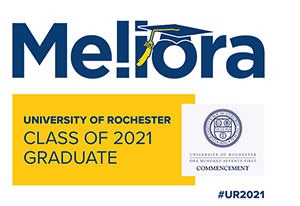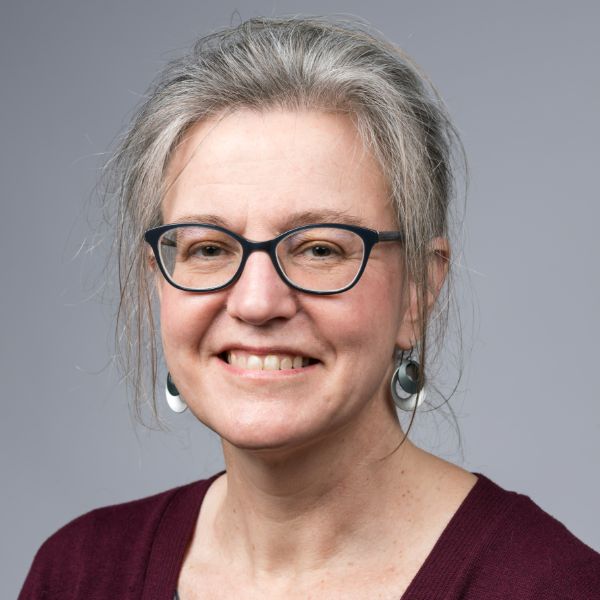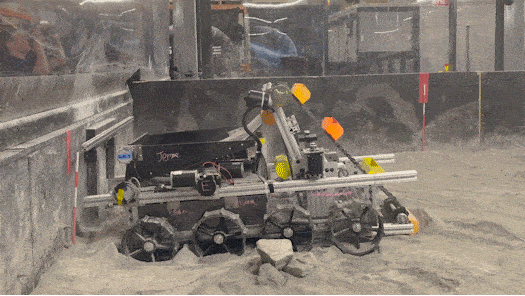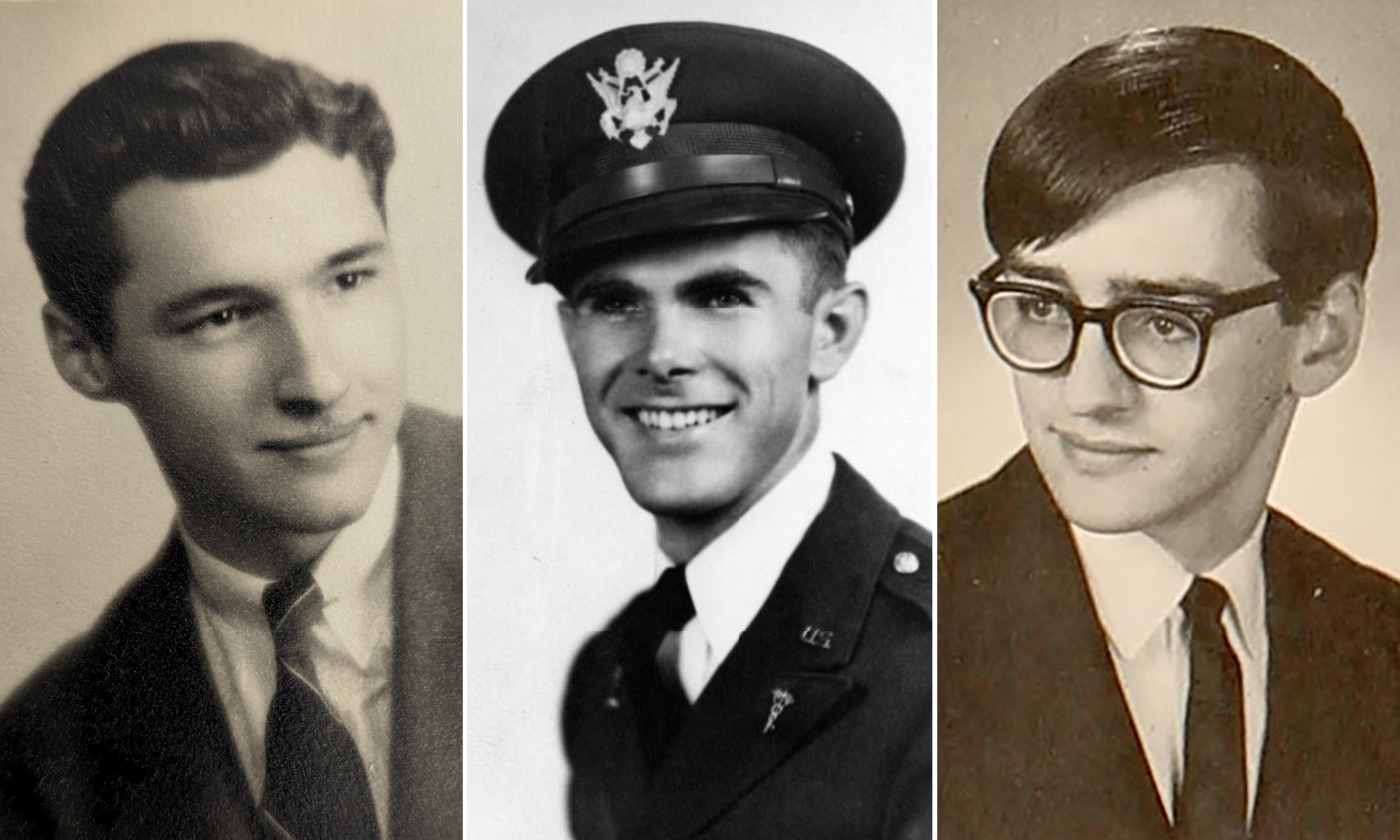With a master’s degree in data science, geriatric oncologist Erika Ramsdale brings a new dimension to research at her clinic.
Since fall 2017, Erika Ramsdale, an associate professor in the division of hematology and oncology at the University of Rochester’s Medical Center, has balanced clinical practice, research, mentorship, family life—including childbirth—and her studies in the master’s degree program at the University’s Goergen Institute for Data Science.
In May, after eight semesters of one course each, she becomes one of the first part-time students to complete the 30-credit program. She will graduate during this spring’s commencement ceremonies, held over two weekends, May 14 to 16 and May 20 to 23.

Celebrate the Class of 2021!
Visit the Class of 2021 site for details about this year’s Commencement ceremonies and for a downloadable toolkit of materials to share your support on social media.
Ramsdale came to Rochester in 2016 to join the Medical Center’s Wilmot Geriatric Oncology Clinic, the largest such clinic in the nation of physicians who, like Ramsdale, are dual trained and certified in geriatrics and oncology. There’s a typical path for physicians like her, but it’s not the one she chose.
“I was strongly encouraged to follow the path that almost everyone like me does, which is to get a master’s in something like epidemiology or clinical investigations or public health,” she says.
But she wanted to know more about artificial intelligence and machine learning. “I thought, maybe I could use it in my work, but I didn’t have a really good sense of what that meant,” she says. “I just had a hunch that it could be interesting.” Also, “some of my major life decisions have come from chasing my curiosity.”
Ramsdale says she was able to convince her mentors that her time, and resources from an NIH training grant, would be well spent in her pursuit of a graduate degree in data science. As it turned out, her colleagues in the clinic shared in the benefits of her participation, as did some of her classmates.
Since she began her studies, she’s forged collaborations between her classmates in Wegmans Hall, where the Goergen Institute is housed, and the Geriatric Oncology Research Program across Elmwood Avenue at the Wilmot Cancer Institute. Well before she began her own degree capstone project, she was sponsoring capstone projects for other students in the program, using data from geriatric oncology.
Ramsdale recognized early on that data science students could see problems in entirely different ways than clinicians had. That was a powerful motivator for her to continue with a program that no one—other than perhaps Ramsdale herself—was requiring her to complete.
“The last time I had done programming was Fortran in college,” she says. “Did the classes make me cry? Yes, quite regularly. Did I enjoy it nonetheless? Yes, very much. A couple classes into it, it became really obvious to me that this would be a skill set that very few people [in my fields] would have. If I stuck it out, I would have that skill set.
“This is going to be the future of how we make clinical decisions.”




